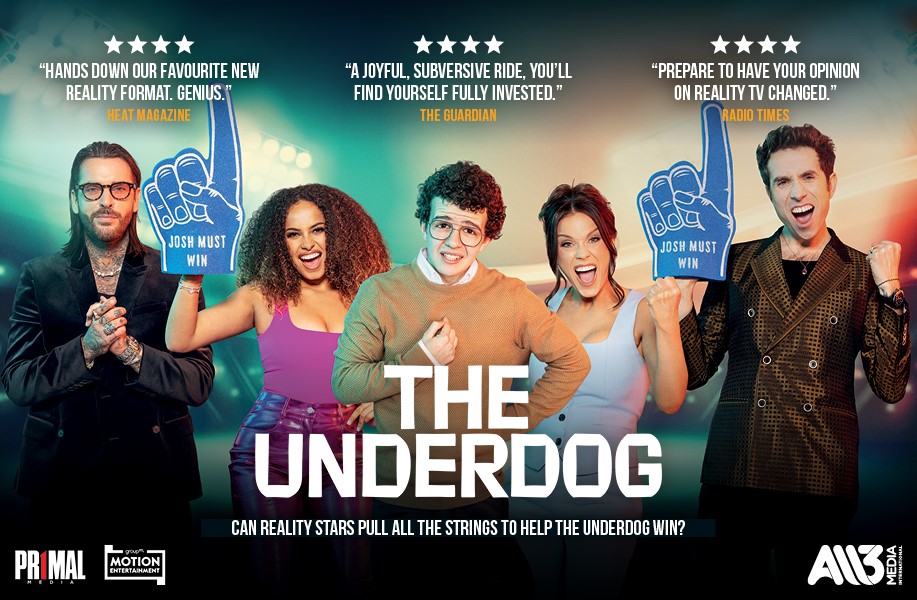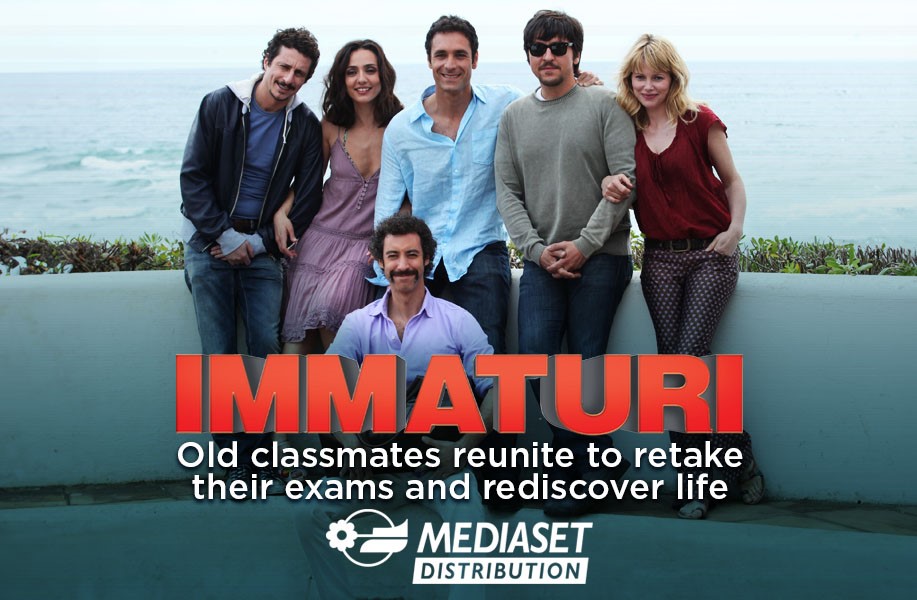Dom Serafini, the seasoned chief editor of VideoAge International, was among the select international media attending the latest edition of the Los Angeles Screenings this May. The long-standing U.S. showcase for international buyers reflected the ongoing transformation of the global TV landscape—leaner in form but still rich in substance.
According to Serafini, this year’s edition saw a noticeable shift in format: the traditional multi-day studio presentations were significantly compressed. Fox, Amazon MGM, Lionsgate, and Sony Pictures TV each reduced their screenings to a single day. Paramount Global and Warner Bros. Discovery expanded slightly to two days, Disney extended to three, and NBCUniversal led the charge with a full four-day engagement.
Sony, originally planning a two-day showcase, ultimately opted for a Sunday night Upfront-style presentation. A Sony spokesperson explained: “We are not in fact having day-long screenings as we did last year, but instead doing an Upfront-style presentation.” This marked a wider industry trend: many networks now greenlight projects straight to series, often bypassing traditional pilot testing, leading to fewer shows available for preview.
An English-language content buyer remarked candidly: “Networks are commissioning far fewer new shows. Many are spin-offs or direct-to-series, a far cry from the days when we screened over 30 new drama and comedy pilots.”
Despite the scaled-down format, the Screenings still ran across five days for most buyers, with Latin American delegations arriving early to participate in the L.A. Screenings Independents segment. However, overall attendance has yet to rebound to pre-pandemic levels. An estimated 750 buyers were present—down from the more than 1,500 in past years—impacted by leaner acquisition teams and growing hesitation toward U.S. travel under the current political climate.
Tensions were underlined by recent headlines: USA Today (May 20, 2025) reported that U.S. Customs and Border Protection has increased device searches, citing an incident where a French scientist was denied entry after critical political messages were found on his phone. These concerns, while anecdotal, contribute to a more cautious international atmosphere.
Studio events still provided ample opportunity for networking and buzz. Disney’s party on Saturday and Fox’s Sunday celebration drew large crowds, creating high-energy environments. At Sunday’s Paramount event, Donnie Wahlberg—star and executive producer of Boston Blue—joined Dan Cohen on stage for a lively Q&A just before lunch. NBCUniversal’s Monday screening and lunch also drew significant interest, with attendees including Michael Bonner, making his first appearance as the company’s new President of Global TV Distribution.
The final day saw Disney showcasing new titles, including Amanda, a Hulu limited series revisiting the controversial case of Amanda Knox. The Latin American delegation took over the Frank G. Wells Theater, while other international contingents gathered at Disney’s Main Theater.
Serafini’s review paints a picture of an industry adapting to both economic and cultural shifts. The L.A. Screenings may no longer be the extravagant pilot parades of years past, but they remain a crucial touchpoint for international buyers. With companies redefining how content is presented—and how deals are made—the event continues to evolve in step with the rapidly changing TV ecosystem.










